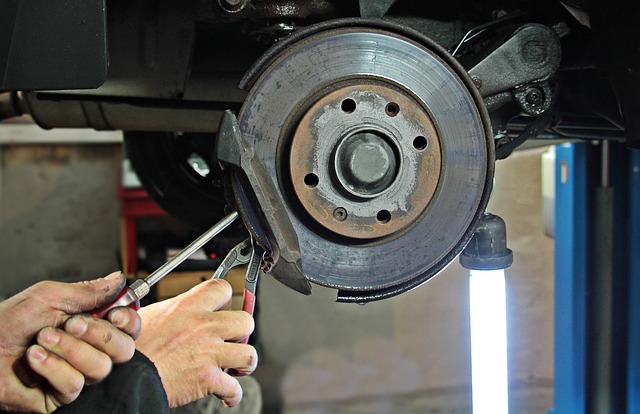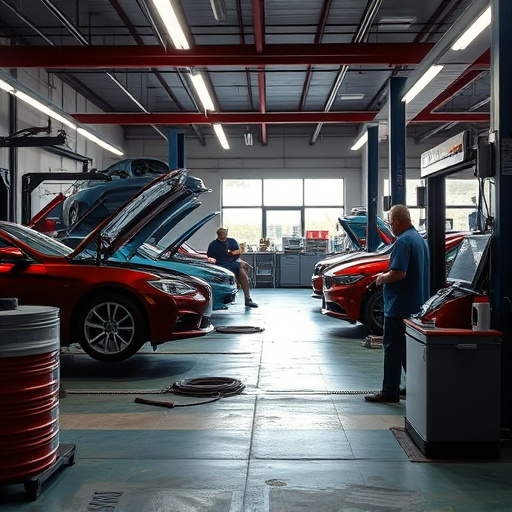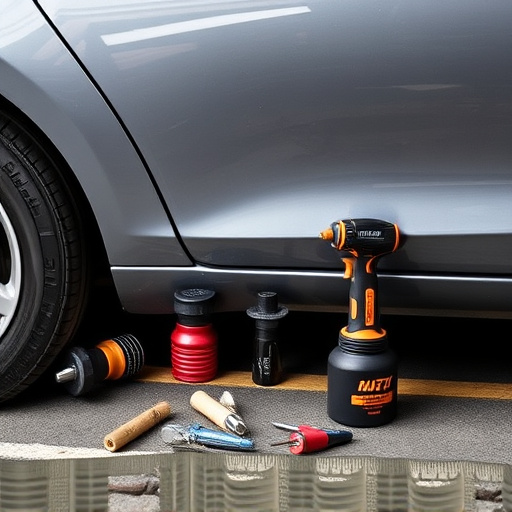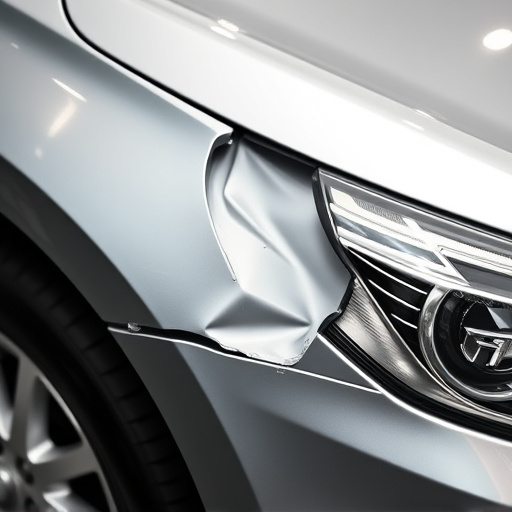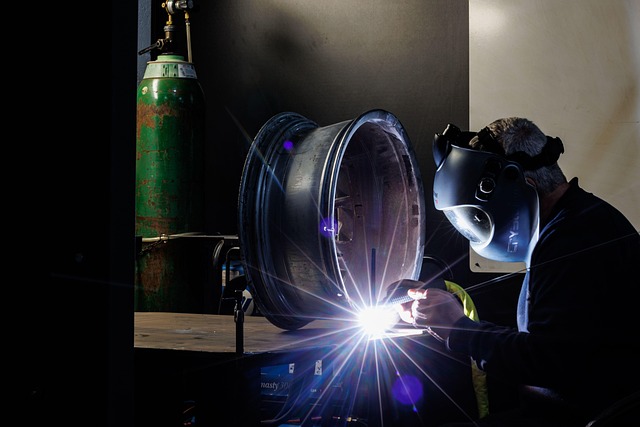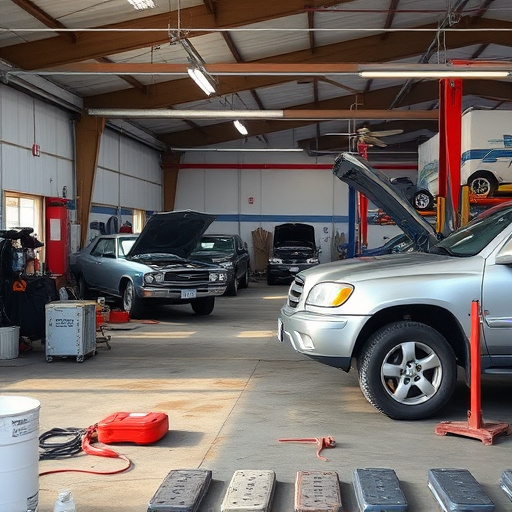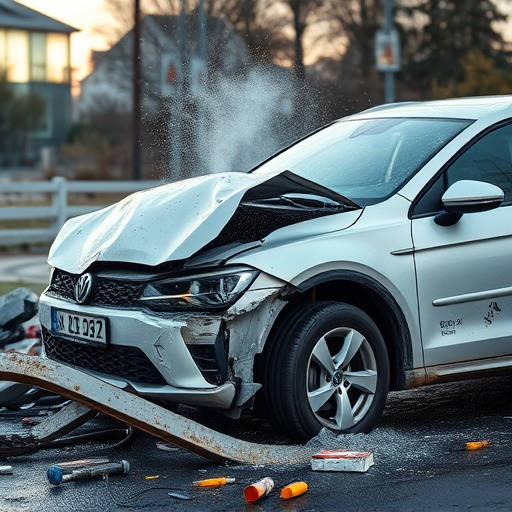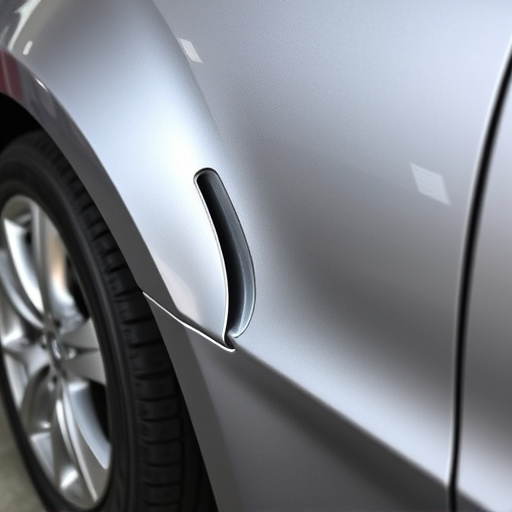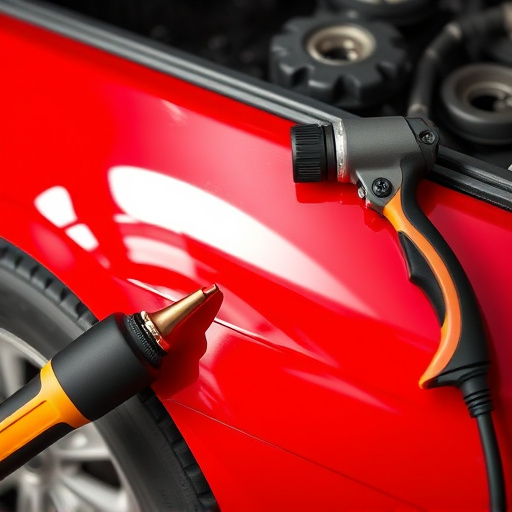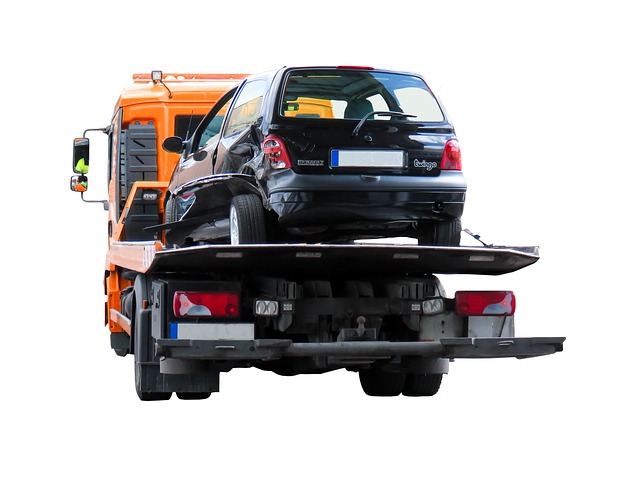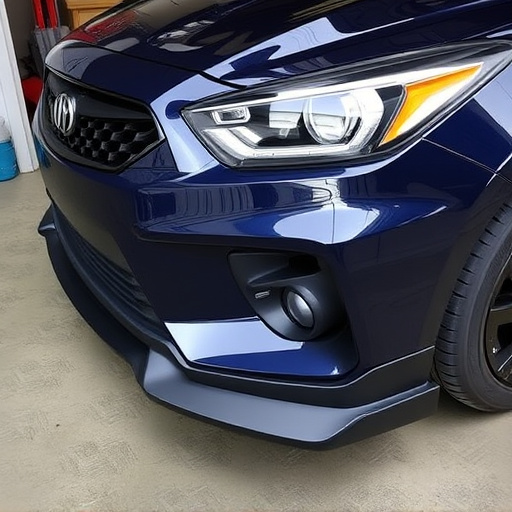A thorough vehicle assessment is crucial for vehicle restoration services, involving skilled restorers who inspect bodywork, paint, and glass. Mobile assessments with digital tools enhance efficiency. Quality control measures, including expert visual inspections, functional tests, and 3D scanning, maintain high craftsmanship standards in vehicle restoration services.
In the realm of vehicle restoration services, meticulous assessment and project management are key to delivering top-notch results. This article explores mobile assessments as a game-changer for restoring vehicles to their former glory. We delve into assessing pre-restoration conditions using advanced digital tools, efficient project management strategies, and post-restoration quality control measures. By implementing these practices, restoration services can ensure precise work, enhance customer satisfaction, and stand out in a competitive market.
- Assessing Pre-Restoration Vehicle Condition
- Digital Tools for Efficient Project Management
- Post-Restoration Quality Control Measures
Assessing Pre-Restoration Vehicle Condition
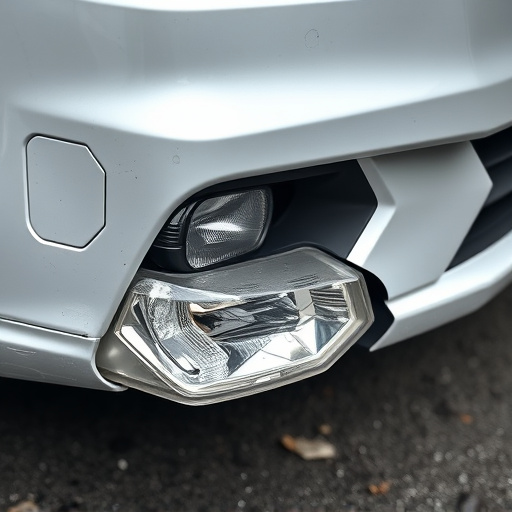
Before initiating any restoration project, a meticulous assessment of the vehicle’s pre-restoration condition is imperative. This step serves as a foundation for crafting a tailored plan and accurately estimating costs associated with vehicle restoration services. Skilled restorers will thoroughly inspect various components, including the vehicle bodywork, to identify existing damage, decay, or wear and tear.
They will assess the state of the paint job, looking for cracks, chips, or blisters that may require repair or complete repainting. The condition of auto glass replacement parts is also crucial as it impacts both safety and aesthetics. Additionally, body shop services might be needed to address dents, creases, or structural issues within the bodywork, ensuring the vehicle’s overall integrity and future resilience against damage.
Digital Tools for Efficient Project Management
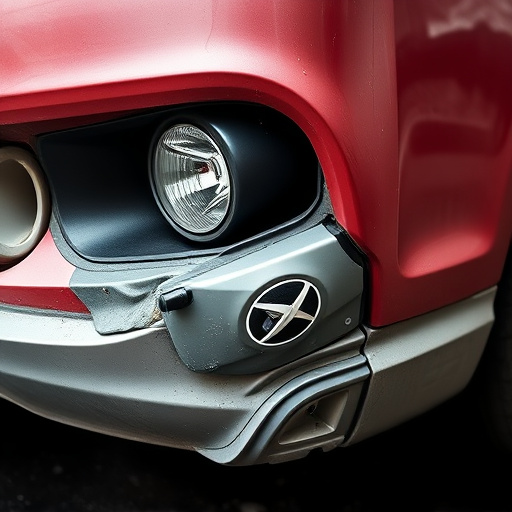
In today’s digital era, mobile assessments have revolutionized vehicle restoration services projects, offering unprecedented efficiency and accuracy. Professional restorers can now utilize a plethora of digital tools to streamline project management, from initial inspection to final delivery. These innovative solutions enable them to capture detailed images and data at the site, eliminating the need for lengthy documentation processes back at the office. With real-time updates, cloud-based storage, and collaborative features, these tools facilitate seamless communication between restorers, insurance adjusters, and clients.
This digital transformation benefits not only vehicle restoration services but also related sectors such as auto collision centers and auto glass repair shops. By leveraging mobile technology, these businesses can reduce administrative burdens, improve decision-making processes, and ultimately deliver higher-quality service to their customers.
Post-Restoration Quality Control Measures
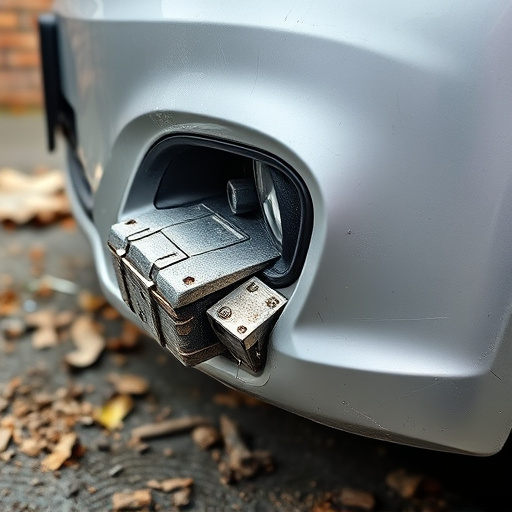
After a meticulous restoration process, implementing robust quality control measures is paramount to ensure the superior craftsmanship and integrity of vehicle restoration services. This involves a series of comprehensive assessments designed to identify any flaws or imperfections that might have been overlooked during the repair. These post-restoration checks are crucial for maintaining the high standards set by skilled restorers.
One common practice includes visual inspections, where experts meticulously examine every detail—from paint consistency and panel gaps to the alignment of components like doors and lids. Additionally, functional tests are conducted to verify the performance of systems such as lights, signals, and mechanical parts, ensuring they operate seamlessly. Moreover, advanced technologies can be employed, such as 3D scanning, to capture precise measurements and detect even the tiniest discrepancies in car body repair or bumper repair work.
Mobile assessments have transformed the way vehicle restoration services are managed, offering a streamlined and efficient approach. By leveraging digital tools for project management, restorers can accurately document pre-restoration conditions, ensuring detailed records for future reference. Post-restoration quality control measures, when combined with these mobile solutions, enable professionals to maintain high standards and provide exceptional service, ultimately satisfying customers seeking top-tier vehicle restoration services.
